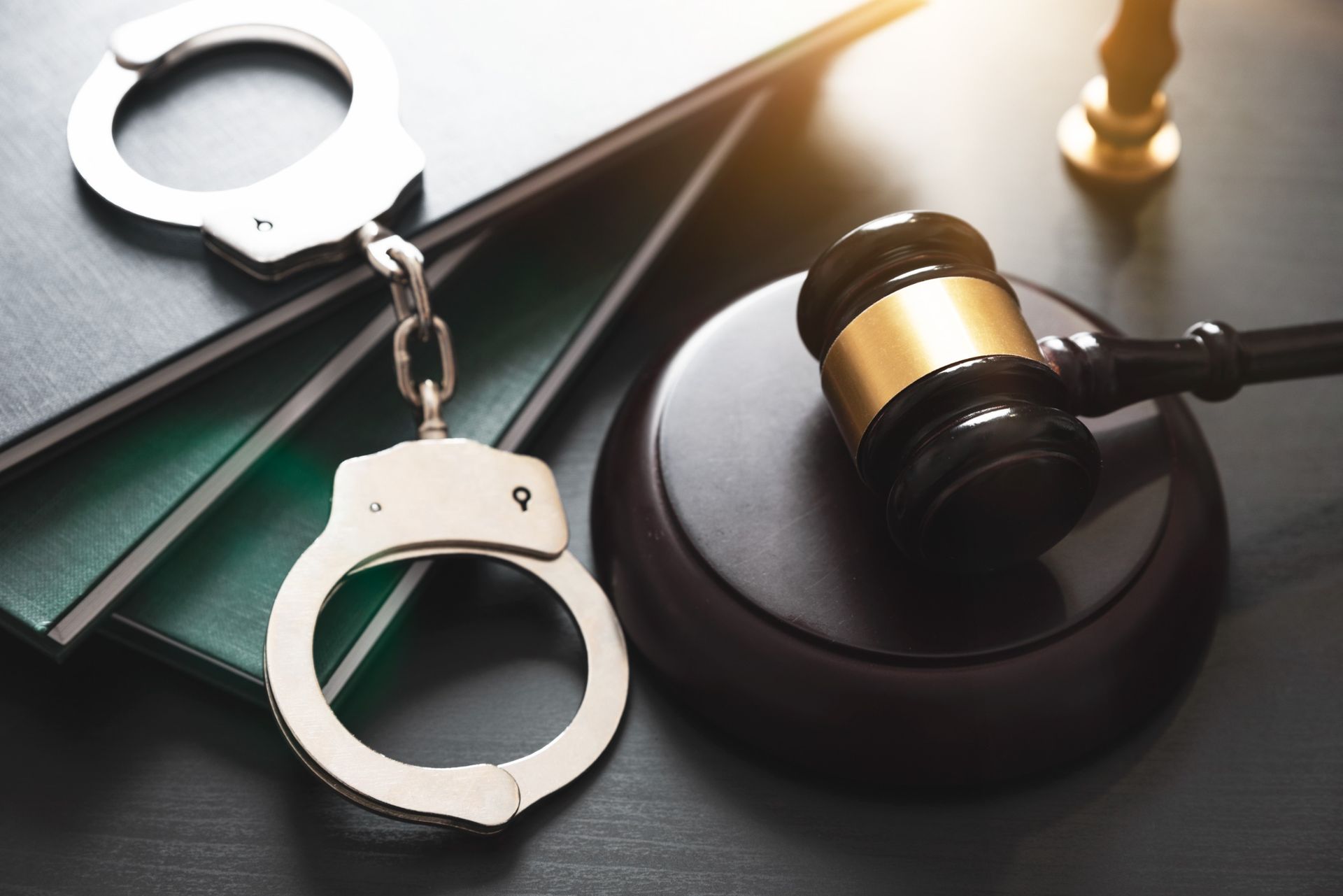What to do when you're arrested for drug possession in Texas
What to do when you're arrested for drug possession in Texas
Drug laws in Texas are incredibly strict, which means that if you're arrested for drug possession, you could be facing serious consequences like fines, probation, or even incarceration. However, with the right legal representation, you may be able to minimize these penalties or even have your charges dismissed entirely. In this blog post, we'll be discussing what to expect if you're arrested for drug possession, whether or not you need a lawyer, how long the police have to file drug charges, and what your rights are.
What to expect if you're arrested for drug possession
If you're arrested for drug possession, you'll be taken to a local police station for processing, which includes fingerprinting, photographing, and booking. Once you've been booked, you'll likely be placed in a holding cell until you can post bond or are released by the court. If your charges are classified as a misdemeanor, you may be able to be released on your own recognizance, which means that you won't have to pay any bail money. However, if your charges are classified as a felony, your bail may be set at a much higher rate, which means that you may need to pay a significant amount of money or secure a bail bond to be released.
Do you need a lawyer if you've been arrested for drug possession?
Most certainly! A lawyer can help you understand the charges against you, identify any potential defenses, and help you make educated decisions about how to proceed with your case. In some cases, your lawyer may be able to negotiate a plea bargain with the prosecution that results in lesser charges or reduced sentencing. Additionally, a lawyer can represent you in court and work to build a strong case on your behalf.
How long do the police have to file drug charges?
Texas has a statute of limitations of two years for most drug-related crimes. This means that if the charges against you aren't filed within two years of the alleged crime, they're typically subject to dismissal. However, there are some exceptions to this rule, particularly for more serious drug offenses or cases in which the defendant flees the jurisdiction.
What are your rights?
If you've been arrested for drug possession, you have several legal rights under both the Texas and U.S. constitutions. These rights include the right to remain silent, the right to an attorney, the right to be free from unreasonable searches and seizures, and the right to a fair trial. Additionally, if your rights are violated at any point during the arrest or prosecution process, your lawyer may be able to have the charges against you dismissed.
Overall, being arrested for drug possession can be a highly stressful and confusing experience. However, with the help of an experienced drug crimes lawyer, you can take steps to protect your rights and minimize the potential consequences of your charges. At The Law Offices of Robert Gregg, we're committed to helping individuals in Dallas and throughout Texas navigate the complexities of drug possession charges. If you're facing drug possession charges, contact us today for a free consultation and to discuss your legal options.



Free Case Evaluation
Homepage FCE Form
We will get back to you as soon as possible.
Please try again later.
By clicking Submit Message, you agree to be contacted by our law firm, either by phone, text or by email.
The information on this website is for general information purposes only. Nothing on this site should be taken as legal advice for any individual case or situation. This information is not intended to create, and receipt or viewing does not constitute an attorney-client relationship.
© 2022 All Rights Reserved | Law Offices Of Robert Gregg | Powered by Convert IT Marketing
|
Privacy Policy







